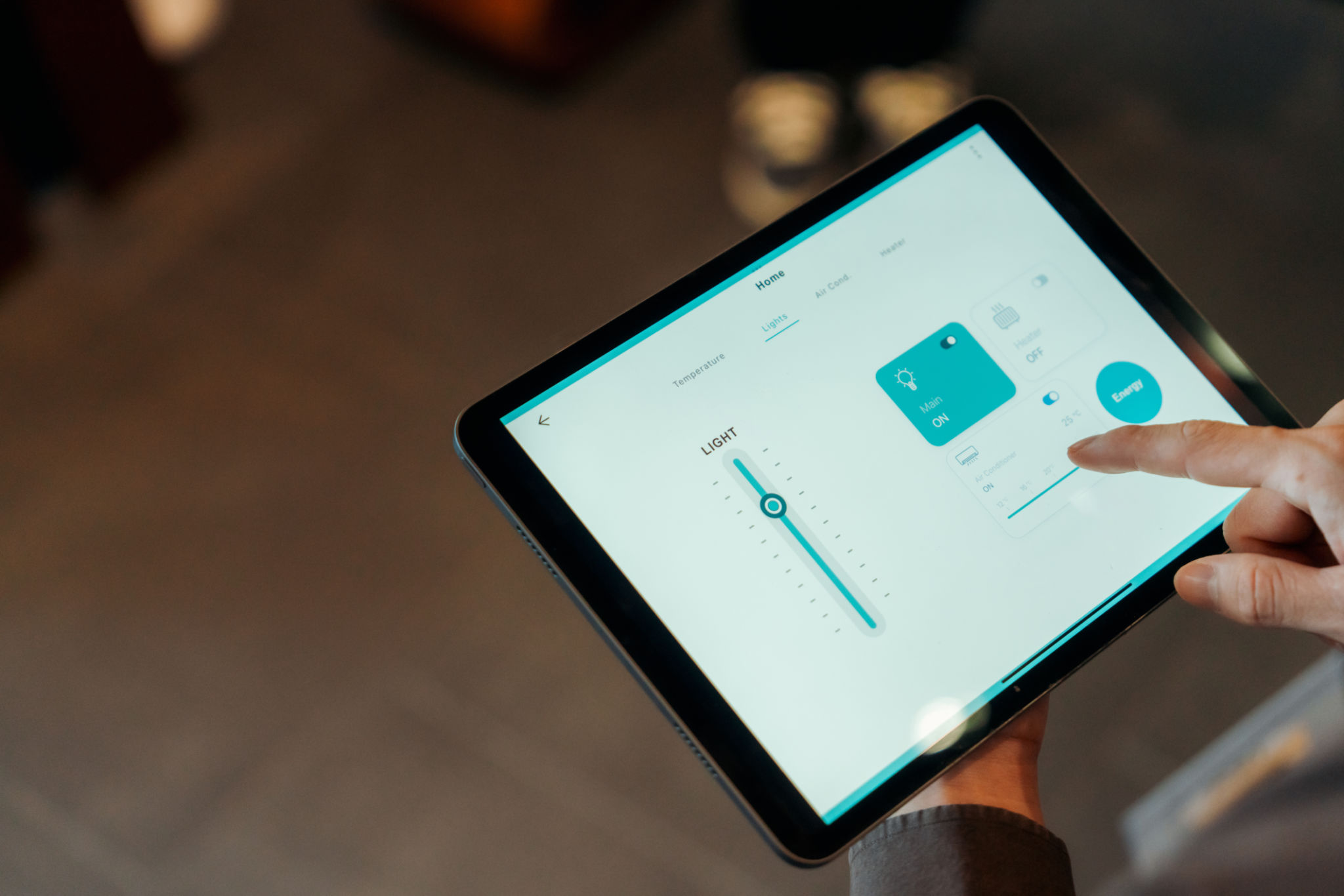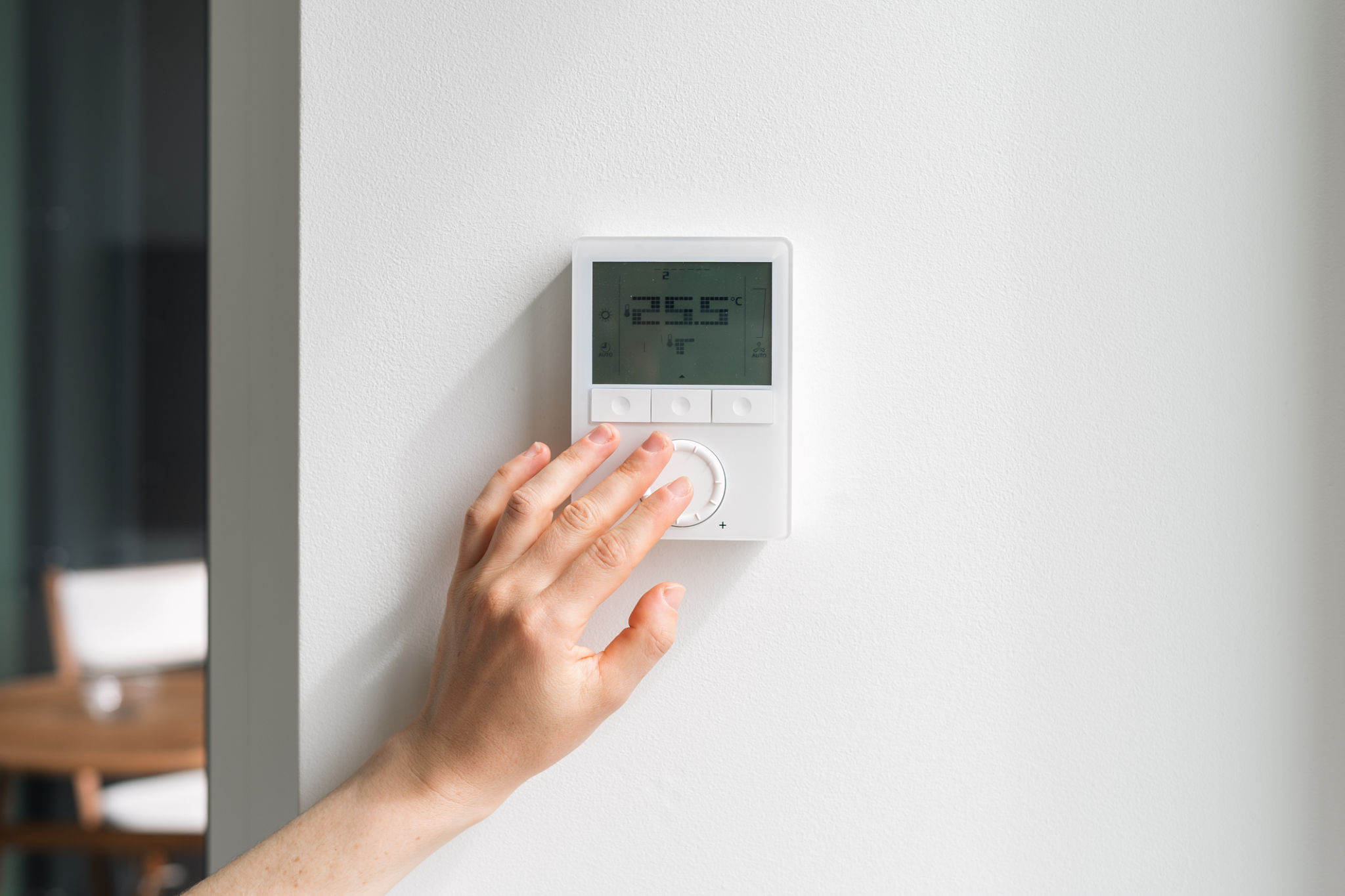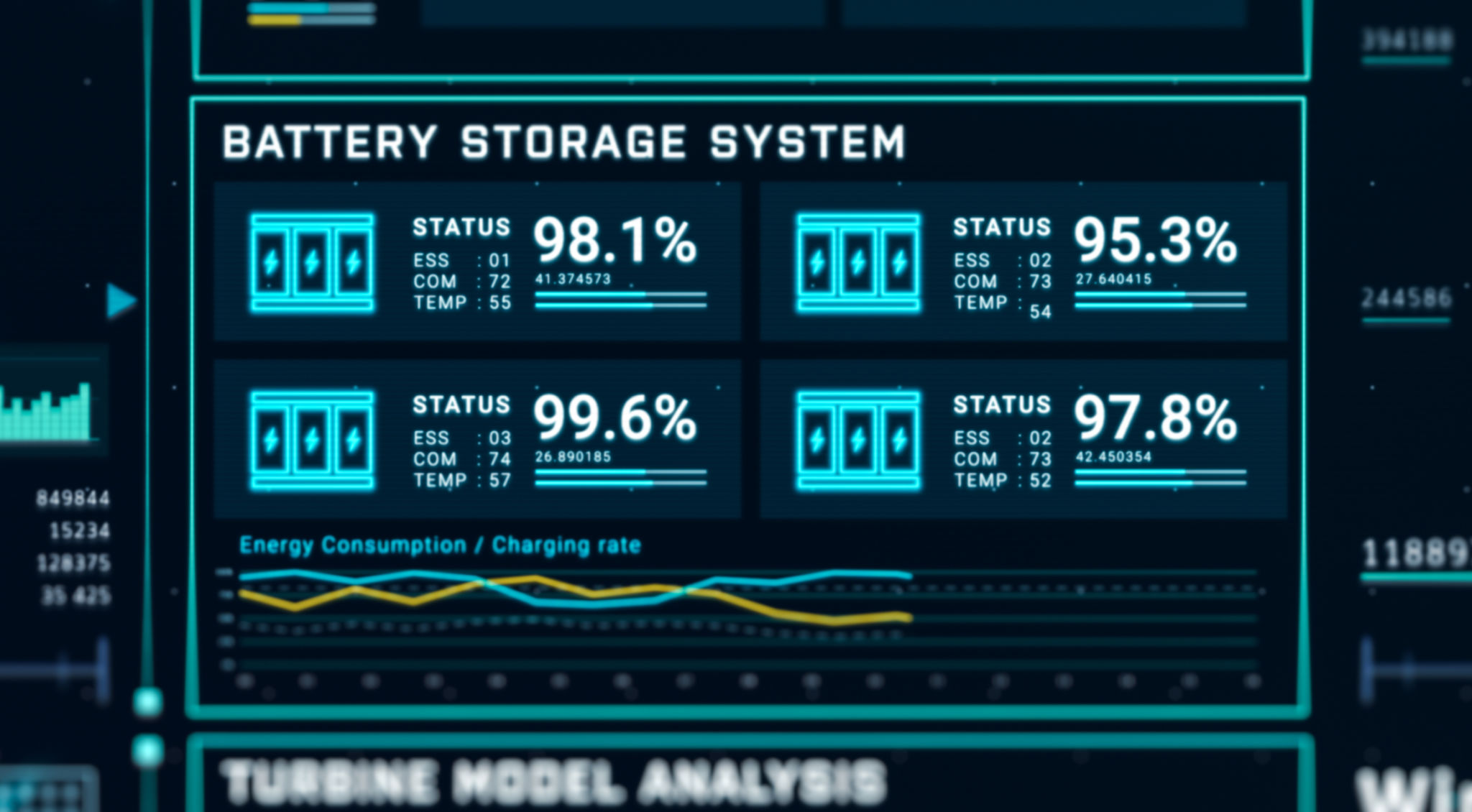How Smart Energy Management Can Reduce Your Bills: A British Perspective
Understanding Smart Energy Management
In recent years, the topic of energy savings has become increasingly relevant, particularly in the UK, where energy costs have seen a significant rise. Smart energy management refers to the use of technology and innovative strategies to monitor and optimize energy consumption. This approach not only helps in reducing energy bills but also contributes to a more sustainable environment.
By implementing smart energy solutions, households and businesses can gain better control over their energy usage. This can be achieved through the use of smart meters, programmable thermostats, and energy-efficient appliances. These tools provide real-time insights into energy consumption, allowing users to make informed decisions about their energy use.

The Benefits of Smart Meters
One of the most effective tools in smart energy management is the smart meter. These devices replace traditional meters and provide real-time data on energy consumption. In the UK, smart meters are part of a national initiative to improve energy efficiency and reduce carbon emissions.
Smart meters offer several benefits, including the ability to track usage patterns and identify areas where energy savings can be made. This transparency empowers users to adjust their habits and reduce unnecessary energy consumption. Moreover, smart meters eliminate the need for estimated billing, ensuring that customers only pay for the energy they actually use.

Programmable Thermostats: A Key Component
Another crucial element of smart energy management is the programmable thermostat. These devices allow users to set specific temperatures for different times of the day, optimizing heating and cooling schedules based on occupancy and preferences.
By using a programmable thermostat, households can significantly reduce their energy consumption, particularly during peak hours when rates are higher. This not only lowers bills but also eases the strain on the national grid during high-demand periods.
Adopting Energy-Efficient Appliances
Energy-efficient appliances are another important aspect of smart energy management. These appliances are designed to use less energy while maintaining performance standards. In the UK, many appliances come with an energy rating label, making it easier for consumers to identify and choose efficient products.

By upgrading to energy-efficient appliances, households can reduce their overall energy consumption and lower their bills. This includes everything from LED lighting to high-efficiency washing machines and refrigerators. The initial investment in these appliances often pays off in long-term savings.
Using Data for Long-Term Savings
Data plays a pivotal role in smart energy management. By analyzing energy usage patterns, consumers can identify trends and develop strategies for long-term savings. Many smart devices come with apps that provide detailed reports and recommendations for optimizing energy use.
For businesses, this data can be invaluable in developing sustainability plans and achieving corporate social responsibility goals. By demonstrating a commitment to reducing energy consumption, companies can enhance their brand reputation and attract environmentally conscious customers.

Conclusion: A Greener Future
Smart energy management is not just about cutting costs; it's about building a sustainable future. By adopting smart technologies and practices, both individuals and businesses in the UK can contribute to reducing carbon emissions and conserving natural resources.
The transition to smart energy solutions is a step towards a greener future, where efficiency and sustainability go hand in hand. As more people embrace these technologies, the collective impact on the environment will be significant, paving the way for a more sustainable world.
